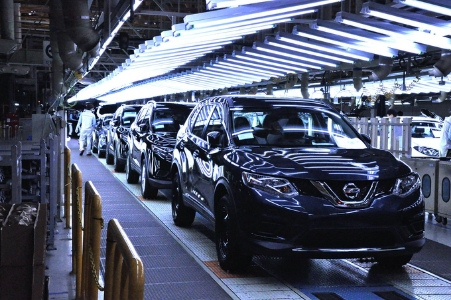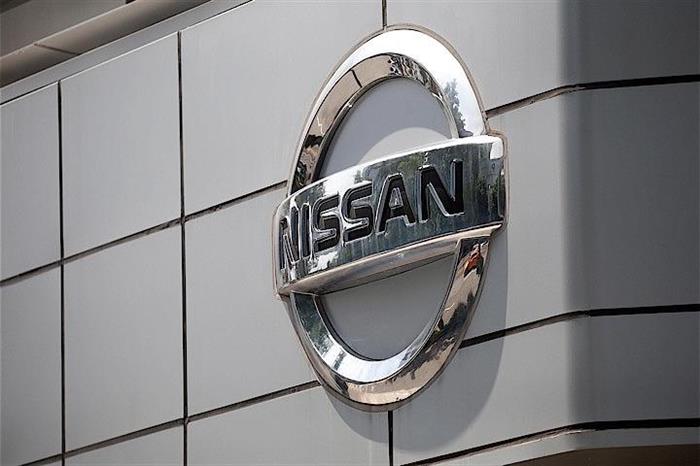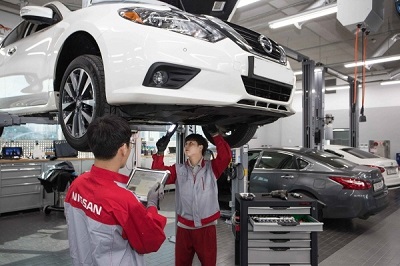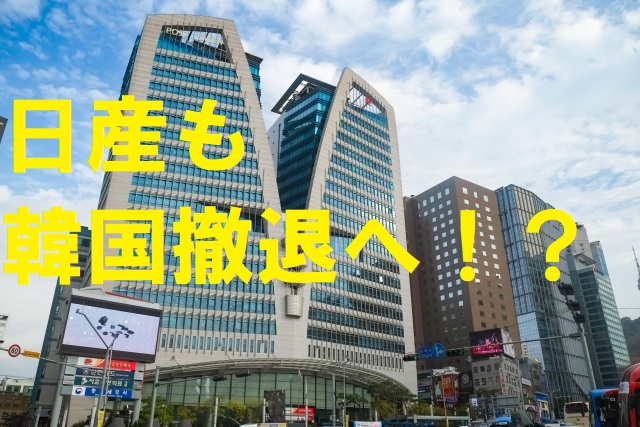Subaru (2012) and Mitsubishi (2013), both of which had previously said they would keep service centers in South Korea, have all but disappeared six years later.
On May 28, Nissan announced that it would officially launch the "do something, do something" development strategy, withdraw from South Korea, weaken Europe, and plan to focus its limited resources on the three core markets of China, the United States and Japan.
South Korean Nissan owners were rattled by the news, worried not only about maintenance and aftersales of spare parts, but also about the possibility of a subsequent collapse in used-car prices. Recently, south Korean car owners' online forums have been filled with complaints about compensation, and car owners' clubs have taken action to protect members' future car interests.

After 16 years in the South Korean market, the Japanese brand has decided to leave by August, according to the latest news from nissan Korea. Nissan has suffered in South Korea, where a boycott of Japanese products over export restrictions began last July and has lasted nearly a year.
Last year, nissan's sales in South Korea fell 40% and Infiniti's 6% year-on-year to 3,049 and 2,000 vehicles, respectively, as a result of the boycott. Nissan eked out a lifeline this year with sales of 813 coVID-19 units in South Korea, and Infiniti was even worse, selling just 159 in the year to May.

At the end of last month, Nissan released its financial results for the fiscal year March 2020 (April 2019-March 2020). The final profit and loss for this fiscal year was 671.2 billion yen, the second deficit in 11 years since the fiscal year March 2009, approaching the previous deficit of 684.3 billion yen.
A spokesman for Nissan Korea said: 'Considering industry trends and environmental changes at home and abroad, especially the further deterioration of domestic market conditions, nissan believes it is difficult to return to sustainable growth in South Korea and has to withdraw from the market.' "Nevertheless, on behalf of Nissan, we would like to extend our sincerest thanks to the Korean consumers."
In fact, Nissan's withdrawal from South Korea caused waves in the second half of last year as sales continued to falter. Under pressure from all sides, Nissan's South Korean unit was forced to issue a formal denial in September, saying that reports were untrue, that South Korea was an important market for the company and that it would not leave whatever future difficulties it encountered.

Under South Korean law, Nissan is required to provide vehicle owners with follow-up repairs and maintenance related to spare parts within eight years of leaving the country, but for many South Korean car owners, it is unclear at this stage that the promise will be truly restored.
The Industry believes owners who buy a new car less than three years old will suffer even more, since nissan has a three-year (or 60,000km) warranty in South Korea. If Nissan fails to meet its warranty commitments in South Korea, this group of owners will face higher vehicle costs than expected.
"After leaving Korea, It is very likely that Nissan will leave only one or two important service centers there, and the remaining maintenance agencies will be closed one after another." What worries local consumers most is that even the most basic maintenance services will have to be processed in distant places later on, which will add more time and cost.
Such angst is not without precedent. Subaru (2012) and Mitsubishi (2013), both of which had previously said they would keep service centers in South Korea, have all but disappeared six years later.

The problem is not just after-sales. As Nissan withdraws from the Korean market, the brand value of the vehicles will plummeet, leading to a sharp fall in used-car prices. An industry insider who deals in used cars in South Korea said nissan's used-car prices would not fall immediately, but were bound to fall sharply in the coming years. "In fact, Nissan's premium in Korea is not very high, it has been tepid in the used-car market, and now it is leaving Korea, so price cuts are inevitable."
Another worry is rising insurance premiums, which industry analysts say could cost the owners of Nissan and Infiniti between 10% and 20% more from next year.

At this stage, the Fraternity of Nissan owners in South Korea is considering a class action lawsuit over the evacuation of South Korea. The fraternity's operating personnel have uploaded a notice titled "Class action lawsuit caused by The withdrawal of Nissan" in a small scope, and claimed that its members are more concerned about the class action.
However, operators also told the press that they decided to file a class action against Nissan only after full consultation with their members. Nissan also made its position clear to sodality officials, saying it would work to minimize customer service complaints.
AMS2024 Exhibition Guide | Comprehensive Exhibition Guide, Don't Miss the Exciting Events Online and Offline
Notice on Holding the Rui'an Promotion Conference for the 2025 China (Rui'an) International Automobile and Motorcycle Parts Exhibition
On September 5th, we invite you to join us at the Wenzhou Auto Parts Exhibition on a journey to trace the origin of the Auto Parts City, as per the invitation from the purchaser!
Hot Booking | AAPEX 2024- Professional Exhibition Channel for Entering the North American Auto Parts Market
The wind is just right, Qianchuan Hui! Looking forward to working with you at the 2024 Wenzhou Auto Parts Exhibition and composing a new chapter!
Live up to Shaohua | Wenzhou Auto Parts Exhibition, these wonderful moments are worth remembering!
Free support line!
Email Support!
Working Days/Hours!





